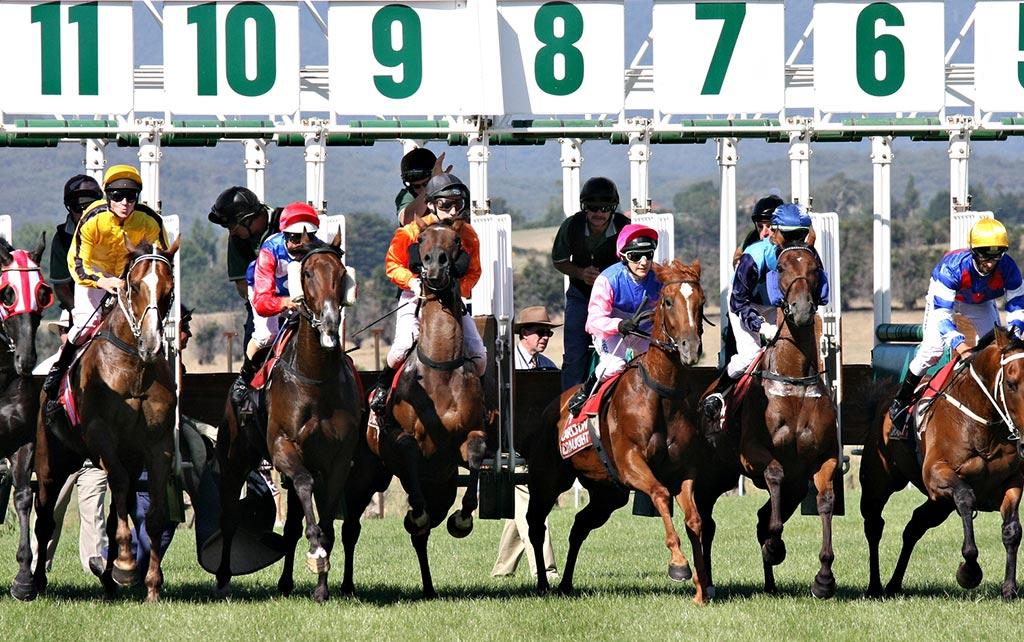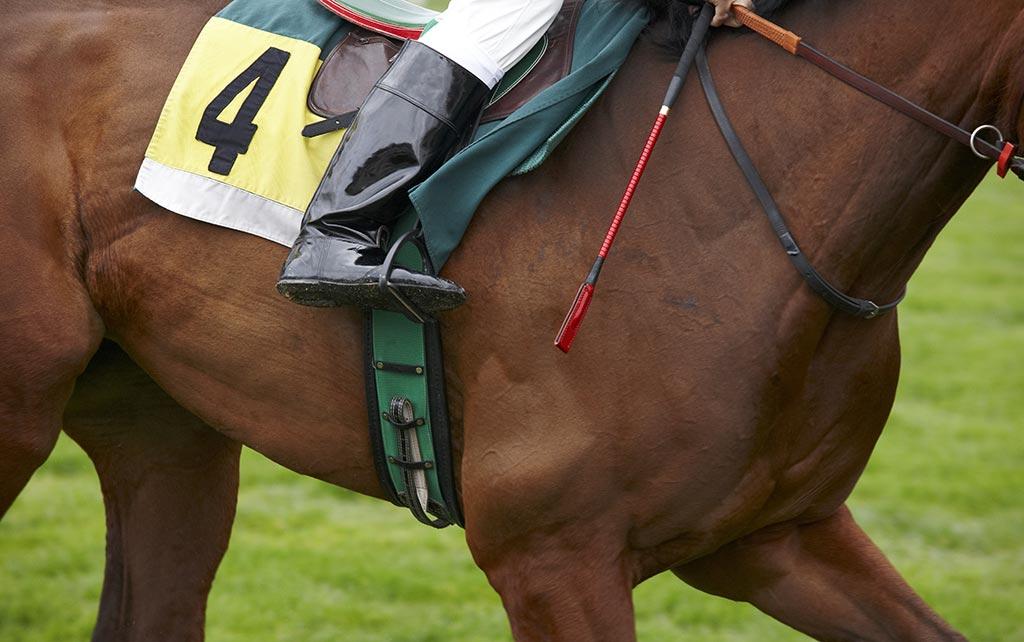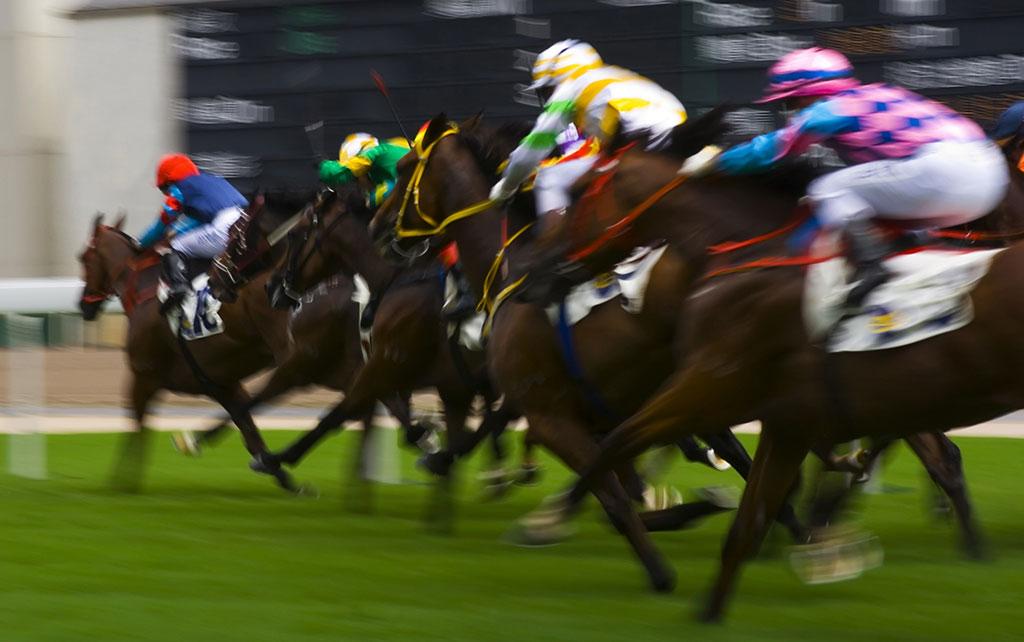betHQ
February 27, 2019
February 27, 2019
Over the last century or so Melbourne Cup winners have come in all shapes and sizes, which is part of the beauty of this great race. However, during this period some trends have emerged which have seen certain characteristics come to the fore amongst the winners.
Here’s a look at some of the most frequently found characteristics of Melbourne Cup winners.

The Melbourne Cup is contested by the full spectrum of geldings, colts, stallions, mares and fillies. Horses from each of these categories have won the race. However, stallions have had distinct edge in the race with over 70 wins, thereby accounting for nearly half of all Melbourne Cup victories.

While the Melbourne Cup is producing an ever-increasing number of foreign entries and winners, the majority of Melbourne Cup race winners have come from Australia. New Zealand has produced the second largest number of Melbourne Cup winners, with 40 taking the cup back across the Tasman Sea.
All Melbourne Cup winners have been aged between 3- and 7-years old. In terms of the age groups that have dominated, 4-year-olds and 5-year-olds are close to a tie at time of writing, with both age groups producing over 40 winners. 5-year-olds slightly edge out their younger counterparts with 44 Melbourne Cup wins.

Barrier 11 has produced 8 winners, making this the most successful Melbourne Cup starting position. You can’t read too much into this stat however, since the number of barriers used for each edition of the race has varied considerably over the years, which will sway winners towards the more frequently used lower barrier numbers.

The same applies to saddlecloth numbers. Numbers 4 and 12 have both achieved 11 wins in the race, but numbers 1, 6, 5 and 8 aren’t too far behind. On a similar note, jockeys wearing the colour blue have won the Melbourne Cup more often than jockeys in silks of other colours, with black a close second.

The Melbourne Cup has been won in as little as 3 minutes 16 seconds, with the slowest winner taking 3 minutes and 52 seconds to wrap up victory. Within this time range more horses have won the race in 3 minutes and 19 seconds (give or take 90 milliseconds) than any other time.
There’s a surprising variation in weights carried to victory by Melbourne Cup winners, created by changes in weights assignment over the years. As a result horses have carried as much as 58,5kgs, and as little as 5.1kgs, to victory. In the earlier years of the race 7.6kgs was the weight most frequently found on the winner. Since 1976 winners have carried 54.5kgs to victory more frequently than any other weight.

Horses with bay coats have been more successful in the Melbourne Cup than horses of any other colour, taking over 40% of all Melbourne Cup wins. This is unsurprising as the majority of Melbourne Cup contestants will have bay colours.
The chances that a Melbourne Cup winner will have all the traits listed above are rather low. However, if you had to paint a picture of the ‘average’ Melbourne Cup winner, you’d find a 5-year-old Australian foaled stallion with a bay coat, starting at barrier 11, with a jockey in blue silks in the saddle and carrying 54.5kgs in weight. This horse would win the Cup in 3 minutes 19 seconds.
When it comes to battles of the bookmaker heavyweights you won’t find a more […]
Rebel Betting is one of the oldest and best-known names in sports investment software, […]
Steeplechase horse racing is believed to have originated in Ireland in the 18th century. Huntsmen […]